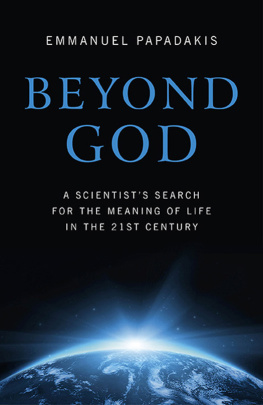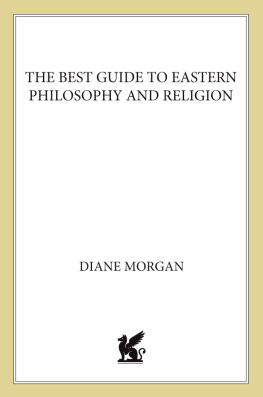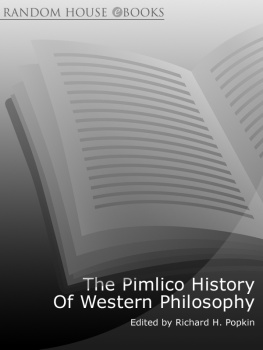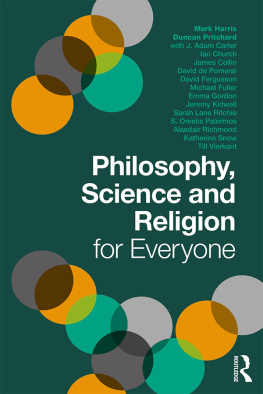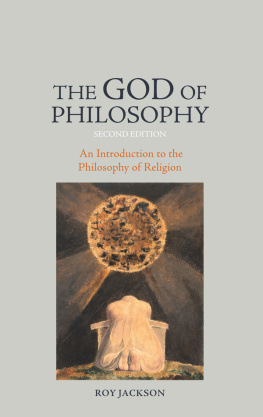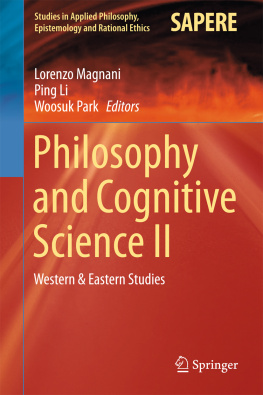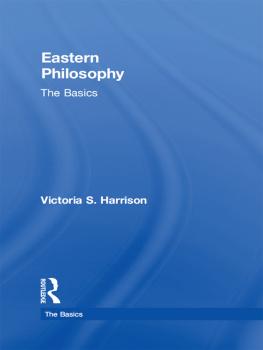First published by iff Books, 2013
iff Books is an imprint of John Hunt Publishing Ltd., Laurel House, Station Approach,
Alresford, Hants, SO24 9JH, UK
www.johnhuntpublishing.com
www.iff-books.com
For distributor details and how to order please visit the Ordering section on our website.
Text copyright: Emmanuel Papadakis 2013
ISBN: 978 1 78099 892 3
All rights reserved. Except for brief quotations in critical articles or reviews, no part of this book may be reproduced in any manner without prior written permission from the publishers.
The rights of Emmanuel Papadakis as author have been asserted in accordance with the
Copyright, Designs and Patents Act 1988.
A CIP catalogue record for this book is available from the British Library.
Design: Stuart Davies
Printed and bound by CPI Group (UK) Ltd, Croydon, CR0 4YY
We operate a distinctive and ethical publishing philosophy in all areas of our business, from our global network of authors to production and worldwide distribution.
Preface
This is not a book about praising the lord or finding your inner self. It is the distillation of a more than decade-long journey to understanding existence and finding a deep inexpressible joy in it by three steps: acknowledging what we have, resolving to realize the purpose for which we exist, and pursuing enlightenment. Acknowledging what we have is realizing that reality is a much stranger mystery than we usually appreciate, science is just a window to this reality not an answer in itself, and that some appreciation of philosophy can help us understand what it is we are and what a rare and wonderful opportunity life presents us with. It also means acknowledging what created us. We can each decide for ourselves if God exists, but either way it means acknowledging life has meaning for each of us if we should choose to realize it. Resolution just means having acknowledged life is worthwhile and has a purpose, we should resolve to pursue it wholeheartedly and without neglect or hesitation. We should resolve to fulfill this purpose, which is to achieve happiness for ourselves and those around us. This doesnt mean happiness in the ordinary sense; it means happiness in the fundamental sense. A deep and valuable fulfillment of existence. Pursuance is how to do this: how to pursue our purpose in the way we live in the world. How should we live and pursue the happiness that is the purpose of every human life?
It actually doesnt matter at all whether you believe in God or not. What matters is whether you appreciate your existence, what you do with it, and how you choose to live.
What is the point of life? The answer seems straightforward: it must be happiness, since if were not happy whats the point of being alive? But real happiness, a truth more than just temporary pleasure or excitement, is not easy to find. Its also hard to be happy if you think life has no meaning; that it is without purpose. But thats what science seems to suggest. The creation of the earth and evolution appear random, meaningless events in a material universe. Physics and biology have demolished all the strange irrational beliefs about nature and creation that used to exist, sweeping away ideas held for thousands of years. The result is a wide range of views on the point of life; what its all about. Many think there is no God and life has no ultimate purpose other than to enjoy themselves whilst theyre alive. Life is just about enjoying yourself now, before you die: There is no meaning because god doesnt exist, and when we die, we wont exist anymore either. Theres no God and theres nothing more to know. Philosophy has been replaced by science, and anything beyond it is religion which is just a faith in something without proof: ideals we want to believe. Once you realize youre a creature like any other, created like any other by a blind process of evolution, and the driving force of life is survival and reproduction, where is the ultimate meaning?
But this way of thinking is a limited view of both science and philosophy. Its taken for granted because science has shown the nature of reality, theres nothing more to know and believe in. But once you understand some science you can see its only a door to understanding a world of more profound and vast complexity than mankind ever conceived possible. And as soon as we consider what science really has to say about the nature of reality its clear theres nothing ordinary about it at all. Likewise philosophy seems irrelevant and displaced by science; by real concrete knowledge of reality. But science is really just a branch of philosophy, not something replacing it.and how we should live. It is also able to consider the nature and limitations of perception and knowledge, from which science itself derives. And as any brief study of philosophy will show, whatever ultimate reality may be, the only thing we can be sure of is we know very little about it. Most scientists would add we know very little about the reality we see and touch either.
Because religion is so important in peoples lives we often think it must be absolutely true or not at all. But even a short study of the history of any religion shows that religion is not fixed. It has evolved throughout history in thousands of scriptures, teachings and sects as a way of expressing various spiritual and metaphysical beliefs that have evolved over time and depended on interpretation. The fact is that reason and faith need each other. Philosophy shows that we must have some faith in the usefulness of our reason; but we must also have reasonable faith, since irrational faith in any religion just leads to confused and contradictory beliefs. We cant have faith in things that reason and experience contradict, and we should guide our faith by those things they indicate are likely to be true.
We might say the most important thing is love, so we should create it and look after it as much as were able and thats the meaning of life, nothing more. But whilst this is good its not enough because theres nothing transcendental about this view, whereas in reality there is something transcendental about existence and its nature; about the fact we exist. The purpose of life is happiness, and love is essential to it, but its not just love or happiness in an ordinary kind of way. In order to get there you have to think and act: to pursue some understanding of the truth and actually live according to it. This doesnt need great wisdom, obscure practices, or years of living in a monastery; but it does require significant effort from anyone who wants to achieve it. Existence is a strange and phenomenal thing. The meaning of life requires us to both profoundly appreciate it and live our part in it according to the right way. Practicing virtue: living honestly, working hard and sharing with others, is the foundation of this pursuit.
Many people think theres no use in seeking the secret of the meaning of life because it doesnt exist: there is no secret. However such a secret does exist. Its a truth that has run through the heart of all the great religions and the writings of all the great philosophers. The reason its never been accessible is because its teachings have often been written in subtle and esoteric terms. Yet the simple essential truth of what it has taught is that people should learn to appreciate existence and to improve themselves morally if they want to seek true happiness. It has never appealed for faith based on doctrines alone; rather it has taught that actual experience and the practice of virtue should be the fundamental basis of all true faith. Accordingly, it has traditionally rejected the need for dogmatic and inflexible rules, but not the need for a structured framework to understanding the world and guiding how one chooses to live within it. This means being open-minded but not ill-disciplined; open to change but not to corruption.

